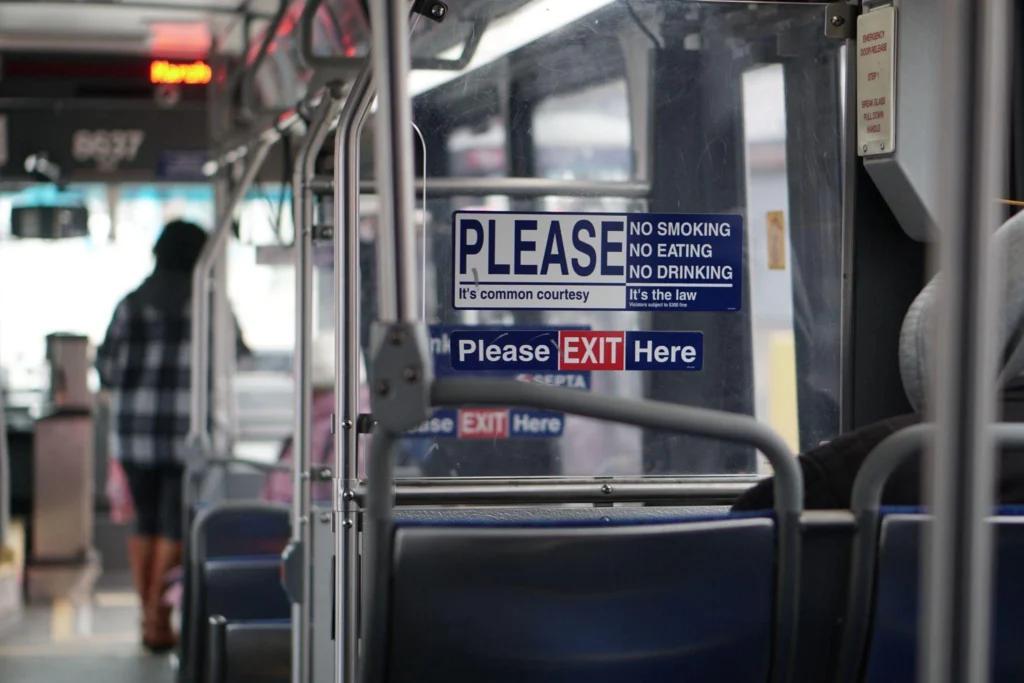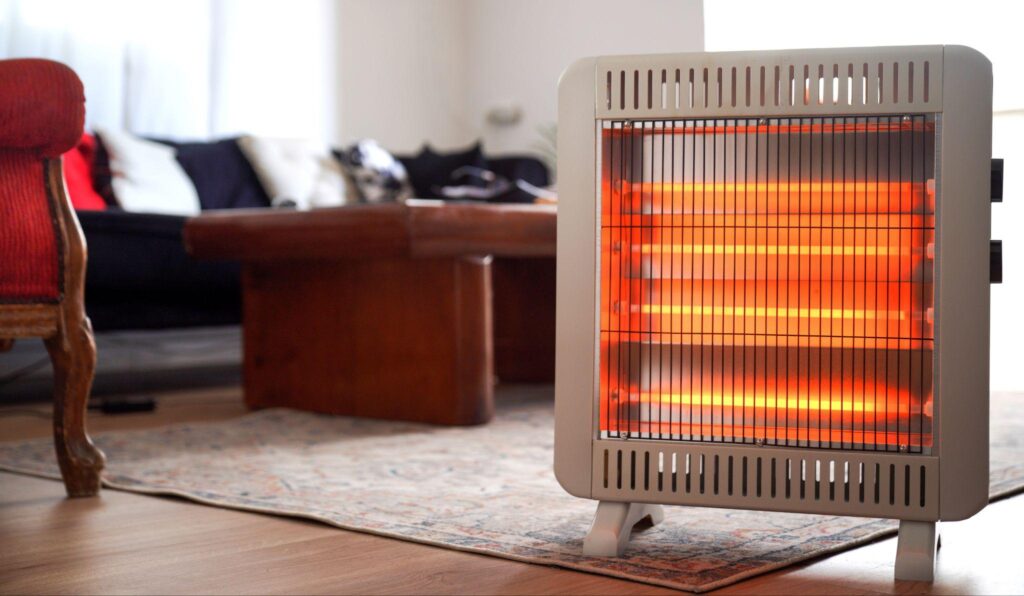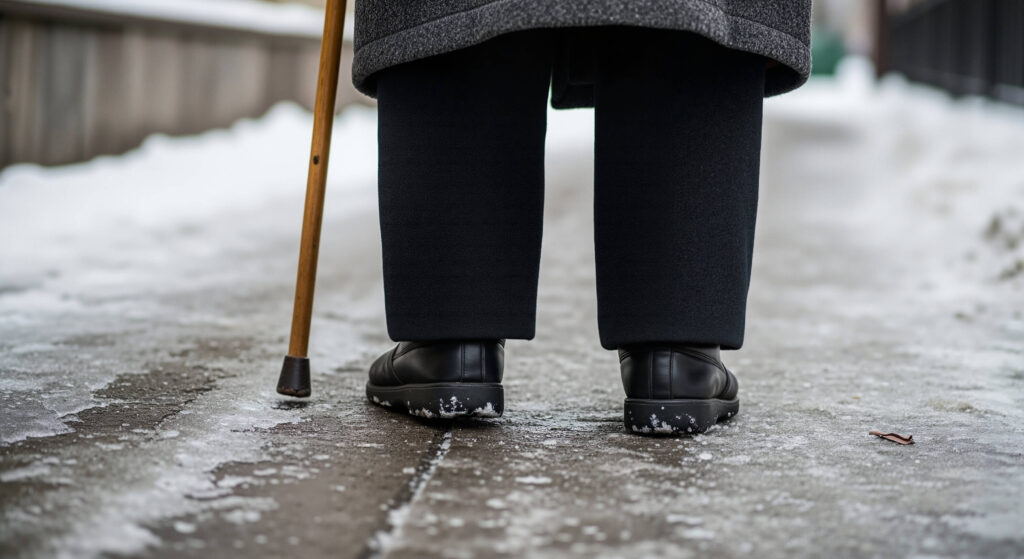The SEPTA bus service cuts in Philadelphia this fall created widespread disruption across the city, leaving many Philadelphians, especially seniors, without reliable transit. From canceled bus routes to SEPTA fare increases and reduced metro and rail schedules, residents struggled with delays, confusion, and isolation. But now, changes are underway, and resources are available to help.
At Pristine Home Care, we live and work in the Philly neighborhoods we serve. That’s why we’re breaking down what happened regarding these SEPTA cuts, who it impacted most, what’s being done, and where you can turn for help navigating alternative transportation options in Philadelphia: because we care about our community, as much as you do.
Key Takeaways
- Over 30 bus routes were cut in August 2025, with service reduced on more than 80 others, but after public outcry, SEPTA service has been fully restored as of September 14, 2025, following a judge’s order and emergency state funding, though fares increased by 21.5%.
- Seniors were especially impacted by these cuts, losing access to essential appointments, community spaces, and independence
- A court order has paused future cuts and fare hikes for now
- Community-based resources, including paratransit and local transit alternatives, have helped fill the gaps
What SEPTA routes were cut?
In August 2025, SEPTA eliminated 32 bus routes and reduced service on over 88 more, including the Broad Street Line in Philadelphia and Market-Frankford Line. Some services, like late-night trains and sports express routes, also ended.
Popular routes like the 23, 31, and 84, which are heavily used by seniors and students, were initially removed but later restored after public outcry and emergency city funding.
SEPTA has now restored all previously cut services, including bus, Regional Rail routes, and late-night train service. This full restoration follows a Philadelphia court injunction and temporary state funding approval. However, to fund operations, SEPTA implemented a 21.5% fare increase. The base fare for buses rose from $2.50 to $2.90, a change that SEPTA says is necessary to maintain operations, but it’s already sparked pushback from local lawmakers.
Why did SEPTA make these cuts?
SEPTA faced major budget shortfalls due to Pennsylvania’s delayed state budget. To keep core transit services running, the agency transferred $394 million from its capital improvement budget, postponing dozens of safety upgrades, vehicle purchases, and ADA projects in the process.
This move helped SEPTA avoid deeper service cuts, which had already drawn legal pushback. Earlier in September, a judge ordered the agency to reverse 20% service cuts, including the elimination of 32 bus routes.
How were Philly seniors affected by SEPTA service cuts?
The elderly population, especially in Northwest and North Philly, was hit hard. Many seniors rely on SEPTA for more than errands: it’s their gateway to medical care, community centers, food access, and staying socially connected. When those routes were cut, it didn’t just disrupt routines, it threatened independence and wellbeing.
Even with programs like the SEPTA Access, formerly known as CCT Connect, challenges remained. Riders had to book in advance, navigate limited availability, and deal with delays.
Norine Berenz, a Chestnut Hill resident who depends on public transit, described the emotional and communal toll:
“It helps me to be able to get to where I need to go independently. But it also helps those folks in those places, in the sense that I’m bringing community along with me, which is important.”
Her story, like many others, underscores how vital accessible transit is, not just for mobility, but for maintaining connection and dignity.
Are SEPTA services being restored?
Some good news: yes, parts of SEPTA services are being restored. After weeks of public pushback and advocacy from residents, the City of Philadelphia stepped in with emergency funding. More than 10 routes, many used by students, seniors, and working families, were brought back thanks to a $138 million transit budget reallocation.
In addition, a Philadelphia judge ordered SEPTA to fully restore bus and rail services and temporarily halted any further service cuts. However, the 21.5% fare increase that took effect in September is still in place.
A new lawsuit is now challenging that increase, arguing it was pushed through without proper public input and unfairly burdens vulnerable riders, especially seniors and low-income residents who depend on SEPTA the most.
Pristine believes every Philadelphian deserves access to safe, affordable transit. We’ll continue to keep our community updated, and supported, every step of the way.
What are affordable transit alternatives for seniors in Philadelphia?

As Philadelphians deal with the new fare increases, Pristine stands with our seniors and families, because getting where you need to go means staying connected, and these trusted transportation options can help you do just that:
- SEPTA Access & CCT Connect: Book in advance for ADA-compliant paratransit services.
- Medical Assistance Transportation Program (MATP): Free rides for eligible Medicaid members for medical appointments. Learn more here.
- Indego Bike Share: Offers discount passes for low-income residents. Pennsylvania ACCESS cardholders qualify for discounted annual and monthly passes
Discover PHL Transportation Guide: Comprehensive travel options for getting around Philly.
What can Philadelphia residents do next?
Stay informed, explore available services, and use trusted sources. At Pristine, we help clients not only with personal care but also with accessing resources like food drives, Medicaid navigation, and community programs.
For seniors and caregivers feeling stranded, we understand, because we’re from Philly too. Transportation is more than just movement; it’s about independence, dignity, and staying connected.
Pristine Is Here For You
We believe support shouldn’t stop at your front door. That’s why we stay involved in what’s happening across Philadelphia, from SEPTA cuts to food drives. Because you deserve care that shows up, even when the bus doesn’t.
Need help finding services or care for a loved one?
Contact us here or call (215) 621-7431.
FAQ: SEPTA Bus Service Cuts in Philadelphia
Q: Has SEPTA service been fully restored?
A: Yes, as of September 14, 2025, SEPTA restored full service across its system, including bus routes, Regional Rail, and paratransit. This change came after a court injunction and a temporary funding solution from the state. However, fares increased from $2.50 to $2.90, and without a long-term funding plan, future cuts are still possible.
Follow Pristine to stay up-to-date and avoid service surprises.
Q: Are there free or low-cost alternatives to SEPTA?
A: Yes. Seniors can explore MATP, SEPTA Access, and community transit programs. Resources are provided in this blog.
Q: How can I check my route status?
A: Use the official SEPTA app or visit the SEPTA website for real-time updates.








